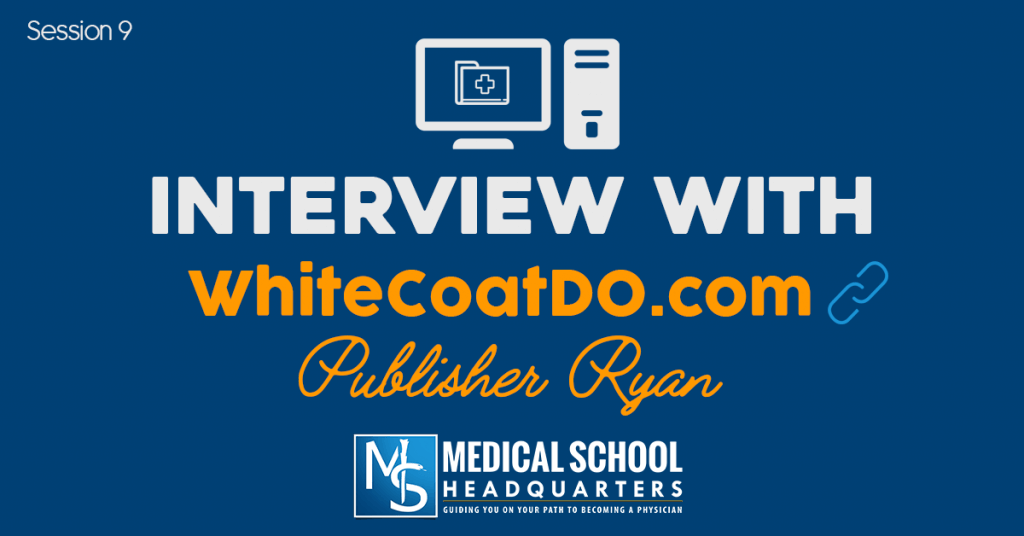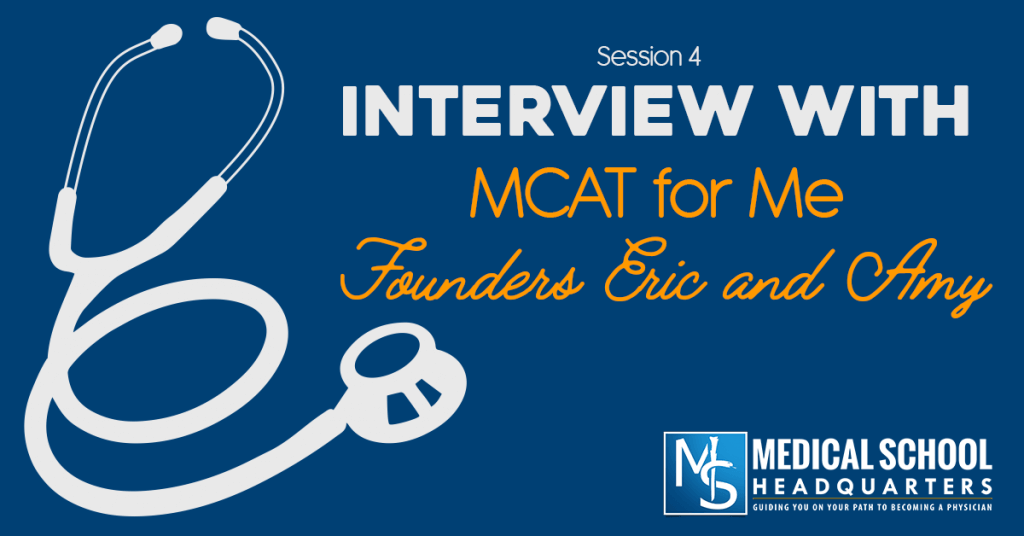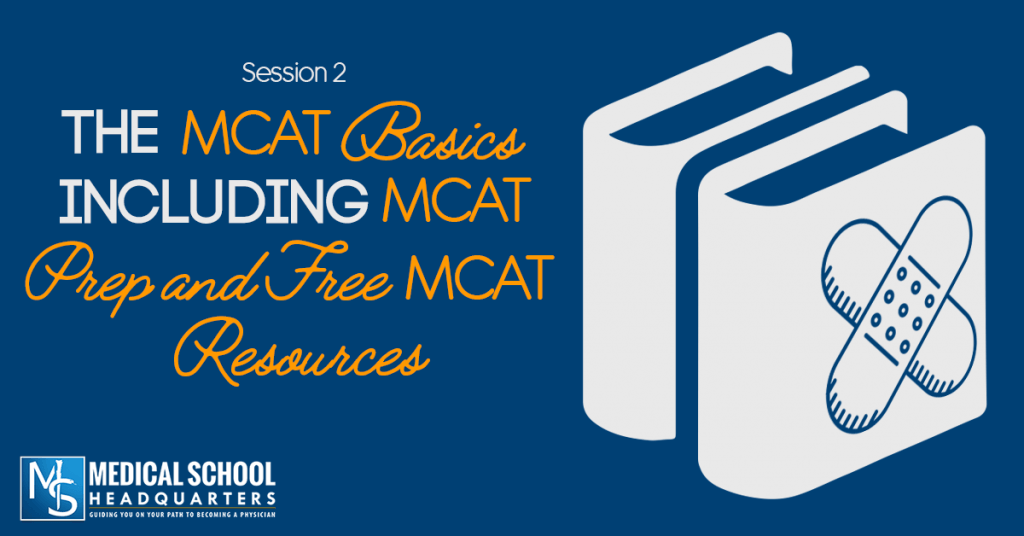The MCAT
prep, tips, tricks and comfort
RELATED POSTS & PODCASTS
What an opportunity we had for this session of The Premed Years! Dr. Muller, Dean for Medical Education at Icahn School of Medicine at Mount Sinai (MSSM) took some time to go in-depth with us about FlexMed.
FlexMed is the newest iteration on what MSSM has had since 1987, HuMed. HuMed has allowed college sophomores and juniors to apply to MSSM and if accepted, skip the majority of the “normal” premed requirements. This includes not taking the MCAT! This has allowed the students to follow their passions in other areas, whether it be language, writing or something else.
Dr. Muller shares with us how FlexMed is taking everything they have learned from HuMed, and improving upon it moving forward. HuMed historically has been a 1/4 of the incoming class. FlexMed looks to have that increase to 1/2 of the class in the coming years.
In 2010 Dr. Muller and others published an article (link below) in the journal of Academic Medicine showing that, for the most part, HuMed students do just as well as “normal” premed students.
For interested students, listen to find out who the ideal applicant is for the FlexMed program.
Read more > >In Session 14 of The Premed Years, Roheet from TheBiopsy.com was kind enough to sit down with us and share his journey through the pre med process. Listen to find out how a newspaper changed his career path.
Roheet graduated from UCSD with a biomedical engineering degree and is currently in his gap year. He is in the middle of interview season, hoping to land one of the 20,000 or so seats to next years starting allopathic medical school class.
He is in a gap year because he had to reapply, not getting in to medical school his first time applying. Something not unusual these days, and something I had to do as well. He had a great MCAT score, a 33. He also had a good GPA at 3.6. So what was the biggest reason he didn’t get in the first time? Better question, what was the reason he didn’t even get an interview?
Read more > >The Association of American Medical Colleges (AAMC), the organization that administers the Medical College Admissions Test (MCAT) has not yet released the 2014 MCAT Test dates.
The 2013 MCAT Test dates were released at the beginning of October, and I would expect something similar again. So keep checking back here, and we’ll update this as soon the test dates are available.
Ryan is an MS1 (1st year medical student) and is at Western University College of Osteopathic Medicine of the Pacific. He blogs at WhiteCoatDO.com and his old website is PracticalPremed.com. He studied microbiology at UC Santa Barbara and shares how his undergrad classes has helped him in medical school.
Ryan talks about the transition from undergrad to medical school and how he’s studying 8 hours a day. He had heard from others about how much there was to study, but he never believed it. Now he’s living it!
We have a brief discussion about some recent news about some medical schools offering 3 year medical school curriculum.
Read more > >In session 4 of The Premed Years I talk to Eric and Amy about their pre med path and what drove them to start creating MCAT for Me. Listen to this podcast to learn about the MCAT, volunteering, picking a pre med undergraduate school, research and more.
Read more > >In this session I talk about MCAT basics. I talk a little bit about the long history and beginnings of the MCAT. I then talk about the new format of the 2013 and 2014 MCAT in preparation for the big changes in the 2015 MCAT.
We then talk about MCAT prep. I talk about how free MCAT practice tests are the best place to start, even if you haven’t picked up an MCAT book yet. I give some good resources for free MCAT questions emailed directly to your inbox and we talk about more traditional MCAT prep courses, books and others.
Read more > >Starting in 2015, pre med students that aspire to become physicians have to be more than prepared as the Association of American Medical Colleges (AAMC) has changed the Medical College Admission Test or MCAT. The updated test is known as the MCAT2015. The changes were made in response to the ever-changing health care system in order to better address the needs of the population. With that said, pre med students now face even greater pressure since their exam will differ greatly from those that took it before.
Read more > >









